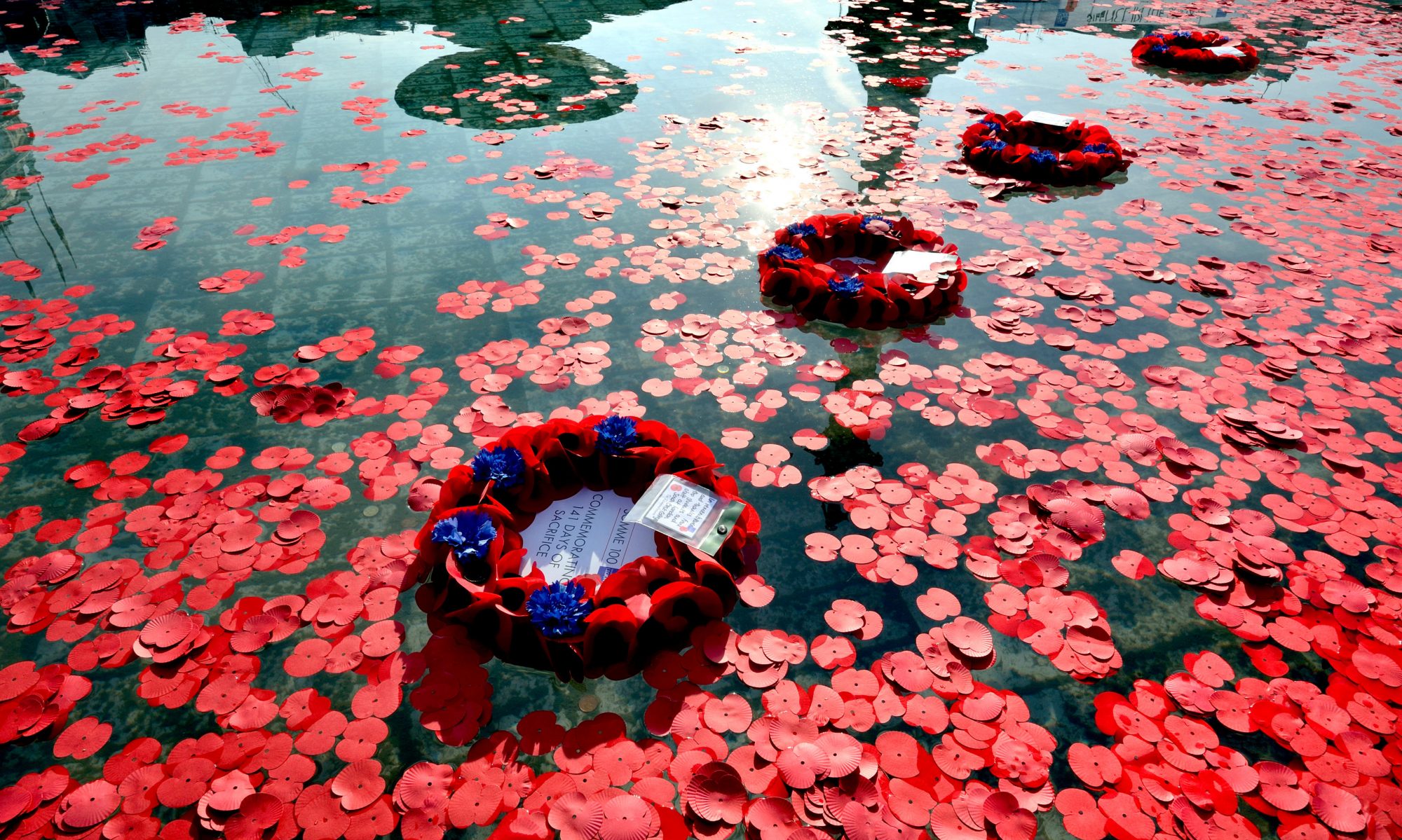Between 2014 and 2018 Britain, together with many other nations, is commemorating the centenary of the First World War – the first ‘total’ war of the 20th century – the legacies of which live on in a range of institutional, educational, geographic, political, social and cultural forms. At the outset of the centenary, a particular ‘cultural memory’ of the war dominated in Britain, one described by the then Education Minister Michael Gove as a ‘Blackadder myth…designed to belittle Britain and its leaders’ (Daily Mail, 2 January 2014).
Funded by the Arts and Humanities Research Council (AHRC), over the course of four years (owing to a Covid-19 extension; 2017 – 2021), this project set out to both evaluate the extent to which the range of commemorative activities undertaken since 2014 engaged with, challenged, or changed this ‘myth’, and the experience and outcomes of projects that were built on academic-public engagement and the co-production of knowledge, especially those involving the AHRC World War One Engagement Centres.
The three main aims of this research project are:
- to evaluate activities during the centenary period of the First World War in the United Kingdom in order to trace and analyse shifting patterns of cultural memory;
- to evaluate these activities in order to assess how successful they have been in involving diverse members of the community in their production and reception;
- and to consider the lessons and legacies of these projects for a range of stakeholders involved in planning for future anniversaries and events.
We are delighted to announce that, as of October 2021, our project report Reflections on the Centenary of the First World War- Learning and Legacies for the Future is freely available to download.
For all enquiries about the Reflections on the Centenary of the First World War project, please contact the Project PI, Professor Lucy Noakes: l.noakes@essex.ac.uk
